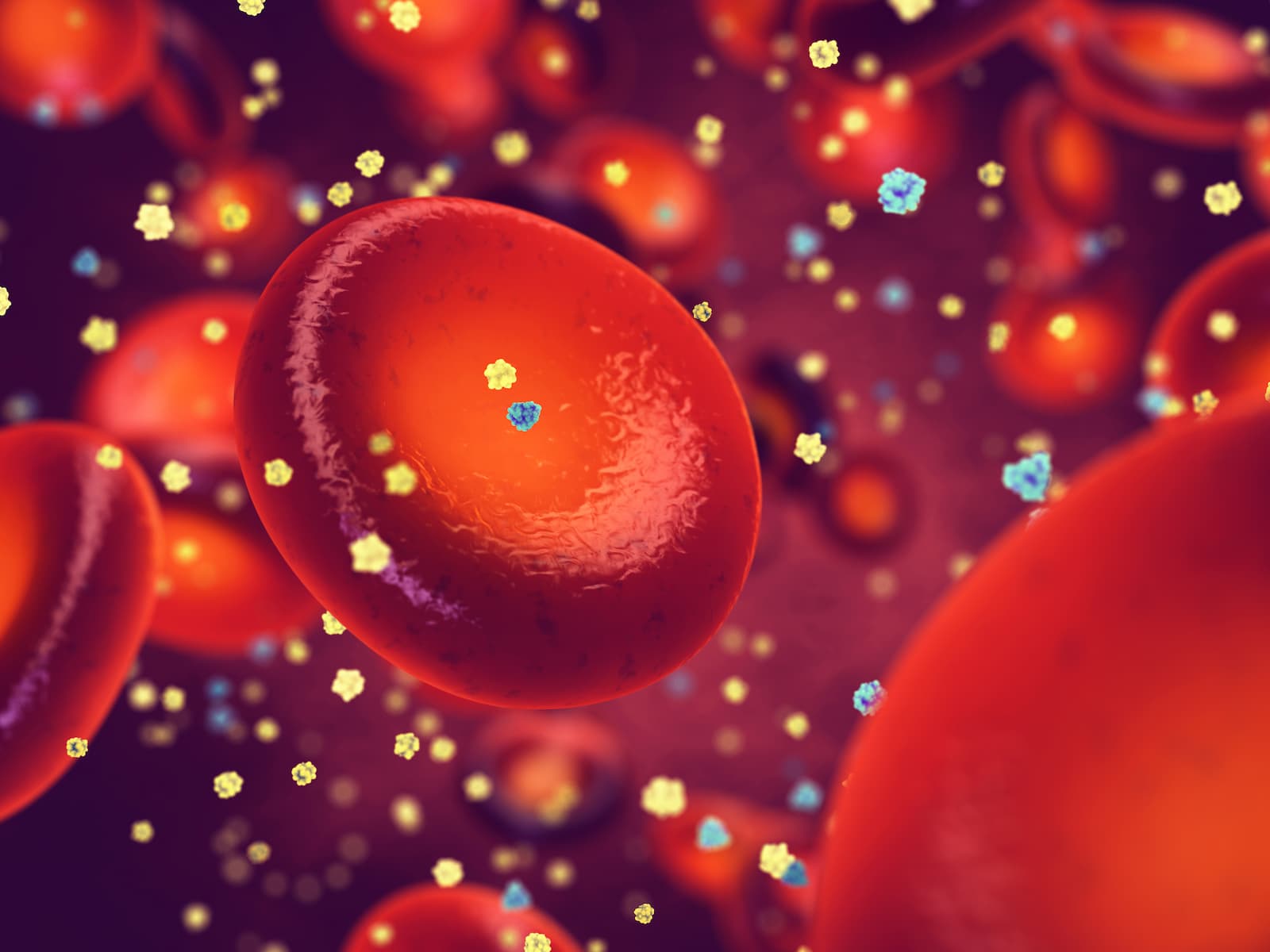Advances in Diabetes Management: Cell Therapy and Gene Therapy Shows Promise

ATLANTA, GA - As the world marks World Diabetes Day on November 14th to commemorate the birthday of insulin co-discoverer Sir Frederick Banting, researchers are making significant strides in the management of diabetes using cell therapy and gene therapy.
According to the International Diabetes Federation (IDF), approximately 537 million people globally are living with diabetes, with nearly 50% remaining undiagnosed. Additionally, three-quarters of people with diabetes live in low-income or middle-income nations.
In an effort to push the boundaries of treatment, companies and academic institutions are investing heavily in advanced therapeutics for diabetes research. Cell therapy and gene therapy hold great promise in this arena.
One such example is ProKidney's focus on its phase 3 clinical trial REGEN-006 (PROACT 1), evaluating rilparencel (REACT), a renal autologous cell therapy, in patients with type 2 diabetes (T2D) and chronic kidney disease (CKD).
According to ProKidney, the company has completed its evaluation of rilparencel in Spain, discontinuing phase 3 REGEN-016 clinical trial due to uncertainty regarding regulatory approval of rilparencel. However, the company is confident that accelerated regulatory approval is achievable if PROACT 1 delivers results.
Another example is Amarna Therapeutics' gene therapy product AM510, aimed at treating type 1 diabetes (T1D). The FDA has provided regulatory guidance through an INTERACT meeting, which will play a crucial role in further development of the treatment.
As research advances, promising candidates emerge. For instance, Vertex's clinical stage treatment VX-880, currently undergoing evaluation for its potential to eliminate or reduce insulin use in patients with T1D.
Cellular solutions such as SkinTE are also being developed for diabetic foot ulcers (DFUs), presenting vast hope for addressing a severe and persistent concern facing diabetes sufferers.
Advances in cell therapy and gene therapy signal progress toward finding novel solutions for managing the disease, providing new options for those struggling to cope with chronic or even unmanaged hyperglycemic states.
